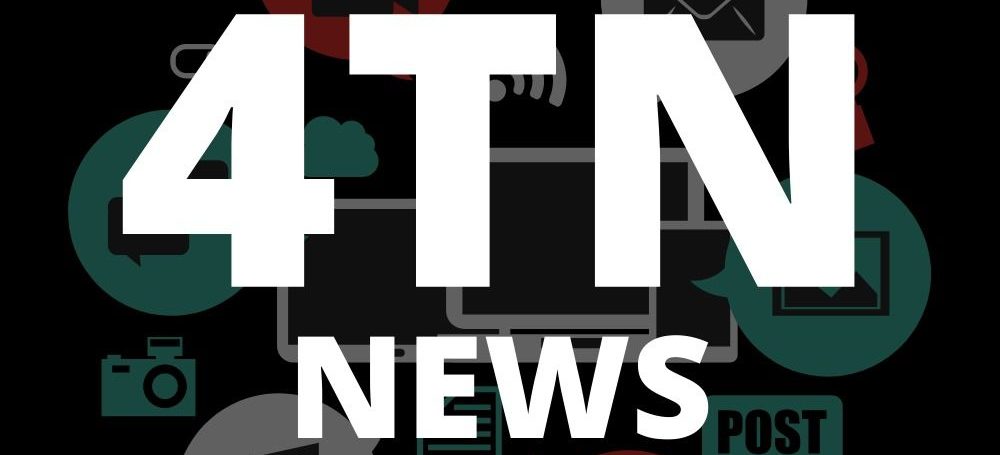From PRNewswire/
The recent TV series on illiteracy “write offs” is the launch pad of a new initiative called UK Reads, a national reading programme targeting children from low income postcodes will be launched this week.
UK Reads is an initiative of the World Literacy Foundation, a peak international charity in the UK, US, Africa, South America and Australia, striving to eradicate illiteracy by 2040.
UK Reads aims to increase book ownership of disadvantaged children and help them discover the joy of reading. UK Reads is an early intervention approach to reduce the number of children falling into the illiteracy cycle.
“Currently, 8.5 million UK adults are considered functionally illiterate, meaning they struggle to read or write a single sentence,”
said Caroline Burkie, National Manager of UK Reads.
“Furthermore, 3 out of 10 children in the UK do not own a single book.”
“It is the mission of UK Reads to get fun and suitable books into the hands of kids who are most at risk and support new parents to be their children’s first teacher.”
“We know children in low income postcodes are often the ones who don’t own a single book.”
Caroline Burkie, National Manager of UK Reads.
For years, researchers have connected children’s future income and educational attainment related to their parents. However, a 20-year international study found that it is not the educational attainment of parents that is the greatest predictor of academic achievement, it is the number of books in a home.
“UK Reads, bridges the obstacles and challenges of getting access to books in low income homes.”
“We know the exposure to reading, letters or sounds from birth is critical for future success. UK Reads is simply about putting books into the hands of kids who really need help,”
Caroline Burkie, National Manager of UK Reads.
It’s estimated in the UK, 400,000 children don’t own a single book and with COVID-19 and remote learning, the literacy gap is continuing to widen between the have’s and the have not’s.
The high rates of illiteracy is an economic problem, with the social impact and economic costs of illiteracy to the UK economy is estimated at 3.7% of GDP.

